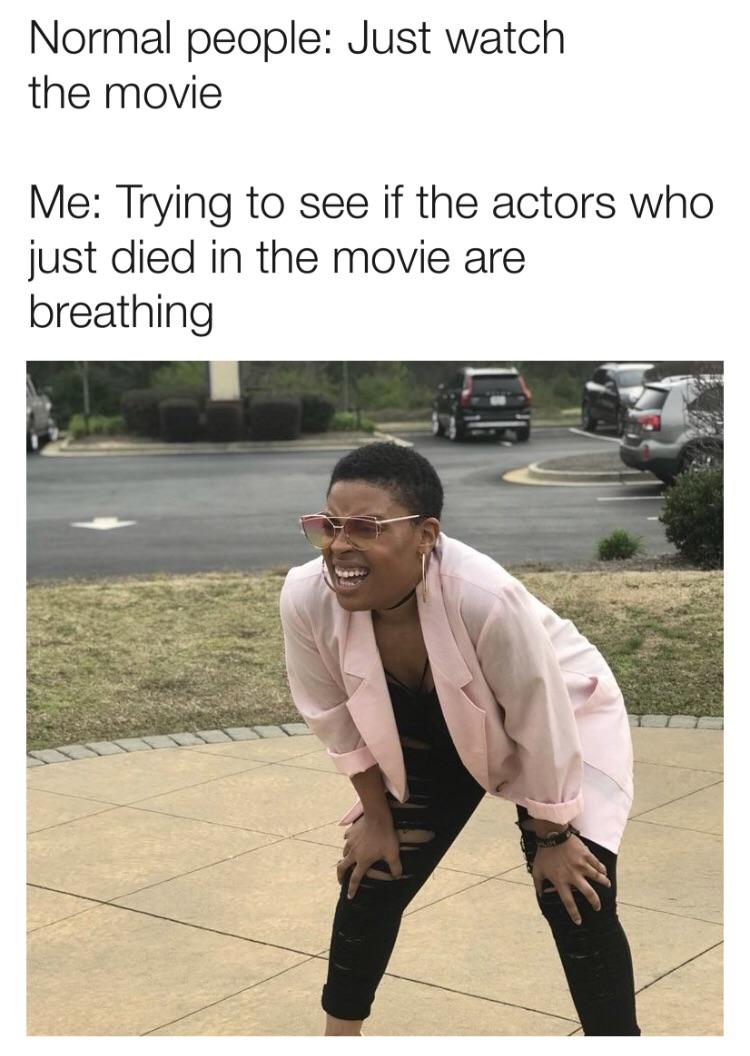this post was submitted on 28 Dec 2023
536 points (96.7% liked)
memes
10334 readers
1765 users here now
Community rules
1. Be civil
No trolling, bigotry or other insulting / annoying behaviour
2. No politics
This is non-politics community. For political memes please go to !politicalmemes@lemmy.world
3. No recent reposts
Check for reposts when posting a meme, you can only repost after 1 month
4. No bots
No bots without the express approval of the mods or the admins
5. No Spam/Ads
No advertisements or spam. This is an instance rule and the only way to live.
Sister communities
- !tenforward@lemmy.world : Star Trek memes, chat and shitposts
- !lemmyshitpost@lemmy.world : Lemmy Shitposts, anything and everything goes.
- !linuxmemes@lemmy.world : Linux themed memes
- !comicstrips@lemmy.world : for those who love comic stories.
founded 1 year ago
MODERATORS
you are viewing a single comment's thread
view the rest of the comments
view the rest of the comments

I've also been focusing on characters who aren't talking during a scene but are part of the scene. It gets extra awkward when there is a large group. Eg. 8 main cast members on screen, one guy talking for 5 minutes without interruption and all 7 other members just stare at them. Those scenes start to feel really artificial when you look at the other characters who just stare and listen. It gets even worse if one or most of those characters is portrayed as an asshole. I'm here thinking like no fking way at least one person doesn't cut into someone else's dialog IRL.
It's not quite the same thing, but I feel like not enough directors value the attention viewers give to the background.
Let's say you have an animation, and plan a silly bit of slapstick where someone's chasing a butterfly. Put it on shot, and it's kind of over-focused on something rudimentary. But have two characters in the foreground, using 80% of the frame, conducting a boring conversation, and put that person with the butterfly in the background, and it's ten times funnier because viewers feel a sense of ownership in being the one to "notice" it - even if the director knew fully well no one was focused on the conversation.